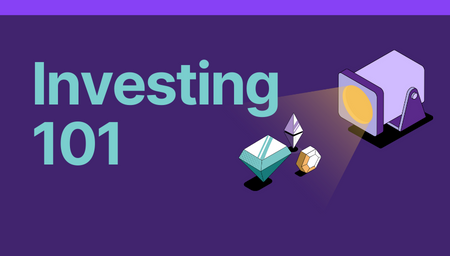Equities look risky and intimidating, but with these basic steps, you can start your trading journey.
In a nutshell
|
Equities are a must if you want to create wealth in the long run. That has been empirically proven. Forget about everything else and just look at the Sensex. Since its inception, the given returns of 390% since inception. That is an average annual return of over 16%. But then, equities look so risky and intimidating, don't they? Then how does one go about buying stocks as a newcomer to the stock market?
Open a trading account
That is where it has got to start. You can play stock market games and do dummy trading all your life. But, you never get the feel of market risk unless you commit your own money. Don’t put all your savings into equity but start with a small corpus and learn the ropes of the market. You begin with opening your trading account. Talk to your broker, do the KYC, fill up the forms and you are ready to trade in stocks. It’s good to get comfortable with online trading and app-based trading. That gives you a lot more freedom and control. You are ready for your first trade.
Take small but informed positions in stocks
Now, that sounds so simple! But starters often ask how they can take informed positions when they do not understand anything about stock markets. Let us rephrase this better. Every person has some specialization or industry they are working in. Which are the companies in that industry that are doing the best? Since you understand the industry, ask which companies will still be around after 10 years. Start buying these companies. At this point, don’t worry too much about P/E ratios, ROE, etc. You can look at them at a later stage.
Understand the complete order flow
Trading is as much about the process as it is about buying good stocks in the market. Once you place the order, go to the order book and then to the trade book and verify. Understand when to put a market order and when to put a limit order. Look at the best bid and best ask prices and decide about stop-loss and profit target. Once you are familiar with the process, including DP credits and funding your trading account, you can now start reading up web articles, investment notes etc. Don’t give credence to tips for short term profits. If you understand the process and buy good stocks, profits will follow.
Book profits and take higher risk with profits
This is a tad more complicated. You make profit when you sell, not when you buy. When you get some profit, book it. There is nothing more satisfying for a beginner than seeing money grow. Now the next step you need to do is to classify risk. Take slightly higher risk with your profit and take the normal risk with your capital. Keep looking around you for ideas of products and companies that are doing something interesting and exceptional.
Learn how to review your trades
This is the last step for a beginner. Learn how to read the ledger account, demat statement and ask questions to your broker/advisor. Each week, keep a tab if you are in profit or in loss. Keep a limit to the capital you are willing to lose. These are small risk management measures to help you out.
Even if you are a beginner, there is no rocket science in trading. It is a lot of common sense viewing of opportunities. Your first priority must be to get comfortable and profitable in equities.
Disclaimer:
Investments in the securities market are subject to market risk. Please read all the related documents before investing.
Past performance of an investment asset does not guarantee future returns.
The above article is purely academic in nature and aims to provide knowledge about basic trading concepts & should not be construed as an opinion or advice to invest or trade.



